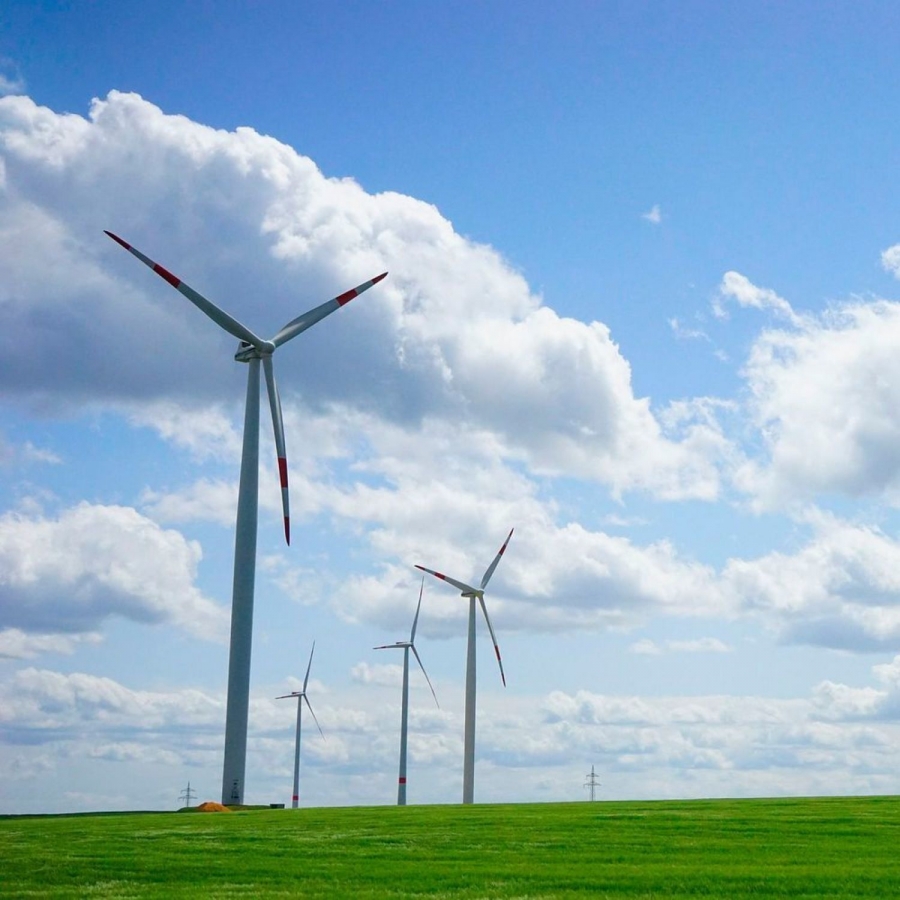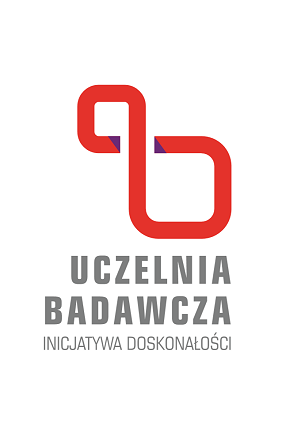
W styczniu tego roku dr hab. Justynie Chodkowskiej-Miszczuk oraz dr Pramitowi Vermie z naszego Zespołu PSE udało się opublikować aż 3 artykuły dotyczące odnawialnych źródeł energii i nastawień do nich. Gratulujemy! Abstrakty i linki do artykułów zamieszczamy poniżej.
, , , & (2023). Local resilience for low-carbon transition in Poland: Frameworks, conditions and opportunities for Central European countries. Sustainable Development, 1– 18. LINK!
Abstrakt: Poland, with its objective of switching from a fossil-fuel base to renewable sources of energy, is a textbook example of an energy transition economy. In this review, the challenges and opportunities for local resilience were identified, followed by an in-depth analysis of Low Carbon Economy Plans (LCEP) in the 10 largest cities of Poland. The methodology included a bibliometric analysis of the peer-reviewed studies published from 2010 to 2022, along with K-means clustering (empirical analysis) of the selected Polish cities. The challenges and opportunities were classified into social (S), economic (E), institutional (I), political (P), technological (T) and environmental (EN) dimensions. Institutional and political dimensions were identified as having a relatively neglected niche in low-carbon transition research, necessitating an empirical analysis of LCEP at the city scale. Exploiting the knowledge base of traditional sustainable activities, understanding the power relations between the politics, stakeholders and industry elements, and knowledge-based governance were found vital for creating relevant policies. Three modes of development, multi-activity goals (MG), energy transition goals (EG), and transport goals (TG) were identified for increasing local resilience. The results illustrate the need to understand low-carbon policies and their impacts on both energy transitions and local resilience.
Chodkowska-Miszczuk, J., Kuziemkowska, S., Verma, P., Martinát, S. & Lewandowska, A. (2022). To know is to accept. Uncovering the perception of renewables as a behavioural trigger of rural energy transition. Moravian Geographical Reports, 30(4), 311-323. LINK!
Abstrakt: Our research aims to reflect on rural communities’ awareness and perceptions of various energy sources, particularly focusing on renewable energies. We argue that there is an urgent need to expand the knowledge base on the perspectives of rural communities directly and indirectly affected by renewable energy installations. From an empirical point of view, our study focuses on the Lipno county in the Kuyavian-Pomeranian Voivodeship (Poland), where a relatively unique constellation of renewable energy and local community is emerging. Our findings indicate a wide awareness about renewable energies in the community, but a rather shallow, imbalanced, and outdated knowledge on potentials, advantages and disadvantages of individual locally available renewable energy sources was detected. To break deeply rooted carbon dependency and lock-in and to trigger mechanisms of change leading to more sustainable futures, practical, contextual, and place-based knowledge is essentially needed to shape responsive attitudes. We claim that personal experience of the effects of renewable energy installation (especially small-scale ones) can be a proxy for the change and scaling up. This is a key because it proves the leading role of an inclusive approach to developing renewable energy in rural areas. Locals undertake new energy investments, which is the basis of spatial (territorial) distribution justice – they not only bear the costs of operating new energy installations but also derive tangible benefits from renewables.
Kazak, J., Chodkowska-Miszczuk, J., Chrobak, G., Mrówczyńska, M., & Martinát, S. (2023). Renewable energy creditors versus renewable energy debtors: Seeking a pattern in a sustainable energy transition during the climate crisis. The Anthropocene Review, 0 LINK!
Abstrakt: Considering unpredictable and hastily evolving tipping points (like the impacts of the COVID-19 pandemic, ongoing climate crisis and the war in Ukraine), it is clear that sustainable energy transition and utilization of locally sourced renewable energies must be in the heart of both national, regional, and local energy systems. However, if we take a closer look at the actions undertaken at the local (communal) level, we see enormous diversity of patterns, prerequisites, and implications that drive and affect spatial deployment of renewable energies. Therefore, our research targets to better comprehend the question if individual communities are comparatively involved in the energy transition. We also ask whether the demand and supply of renewable energy is territorially balanced and how these differences (if any) can be justified. We are framing our research by the concepts of energy justice and ecological debt. We thoroughly explore and asses the renewable energy balance on the level of individual communities which is based on data on the installed power capacity potentials and energy consumption in local administration units in Poland (380). Spatial distribution and discrepancies in the deployment of the renewable energy creditors and the renewable energy debtors are detected. Noticeable disproportions were identified among communities where improved utilization of local potential of renewable energy could exceed energy demand (29% of communities). This result is contrasting with communities (71% of communities) that can be, on the other hand, classified as renewable energy debtors. We claim that insufficient support (institution, regulatory, and financial) for expanding local renewable energy systems is a clear barrier when adapting to the climate crisis by balancing the energy demand and supply at the local level.


 ul. Fosa Staromiejska 3, 87-100 Toruń
ul. Fosa Staromiejska 3, 87-100 Toruń